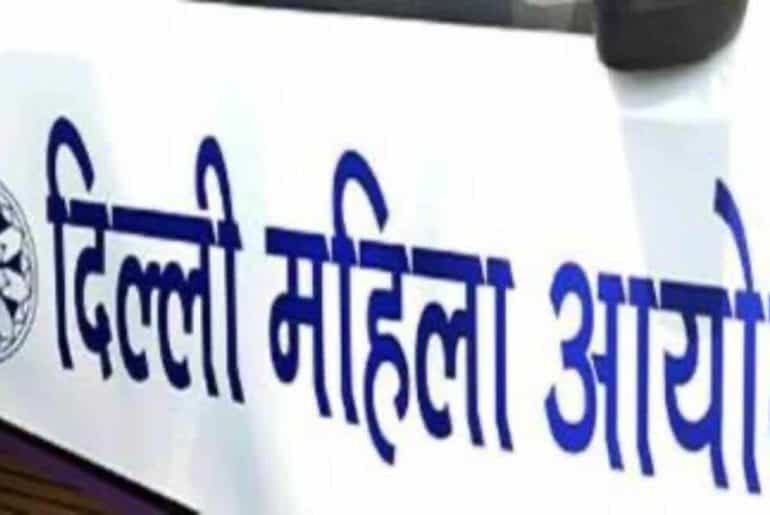The police have identified eight more students since the sexual harassment incident transpired at a fest in Indraprastha College on 28 March.
Eight students have been identified through CCTV footage and analysis of their CDR locations during the Indraprastha College for Women’s (IPCW) annual fest “Shruti”. The Civil Lines police intends to question the students, who are all students at Delhi University. The police have also recorded the statement of a woman who was allegedly sexually harassed during the fest.
Students protested within the campus, a day after several men abused students aft scaling its outer walls. Students demanded accountability from the administration and Delhi Police for their failure to secure the event. They also demanded the resignation of the college Principal, Prof. Poonam Kumria. In order to get an explanation for the security failure during the event, the Delhi Commission for Women (DCW) sent a notice to the police and the college administration. It also demanded a report on the steps taken by April 3.
“It has been over a week and we were promised the results of the committee. In the starting, there was a lot of momentum but we fear things are dying down. No definite action has been taken and we’re all hoping that more pressure will be put on the principal and she’ll give us answers. It’s a very slow and tiring process, the students are mentally exhausted but we won’t give up till we get her to take accountability.”
–An anonymous student from Indraprastha College, in conversation with DU Beat
The Delhi Commission for Women (DCW) stated in the report that the Delhi Police had recorded the statements of only two survivors under section 164 CrPC despite two weeks since the passage of the incident. The commission, in its interim report to IPCW, said that the Delhi Police arrested five students on the day of the incident. However, they were later released on the same day. The unknown men harassed the young women inside the campus and hurled abuses at them. However, the police said that no student came forth to report such allegations.
It is disappointing that no action has been taken against any official of Delhi Police or IP College over the security lapses. Girls are sexually harassed in their own college fests and the authorities are not doing enough to prevent these incidents, bring the guilty to task and to support the survivors. We have given our report on the matter and I expect strong action.” – Swati Maliwal, Chairperson of DCW, in conversation with The Hindu
The Commission conducted an investigation and summoned officials and interrogated victims of the incident.
In our interaction with the survivors, the Commission learnt that four persons were injured and a girl even sustained a fracture due to this harrowing incident. Also, in the past, similar crimes have occurred in other colleges in Delhi University including Miranda House and Gargi College,” – the DCW’s statement.
The commission stated that there was a lack of coordination between the police and the college to ensure an effective security strategy.
The Delhi Police told the Commission that IP College grounds cannot accommodate more than 2,000 persons and this was not informed by the college before organising the event, in which they had invited thousands of persons,” – DCW
The commission also noted that the Delhi Police did not obtain the incident’s CCTV tape until April 6, 2023. Following the commission’s involvement, they gathered the film from the college, but they later learned that it was insufficient.
Feature Image Credits: Anjali, AISA DU Secretary on Twitter
Read Also: In Recent Developments of IPCW, DCW Seeks Reports from Police
Sri Sidhvi Dindi





